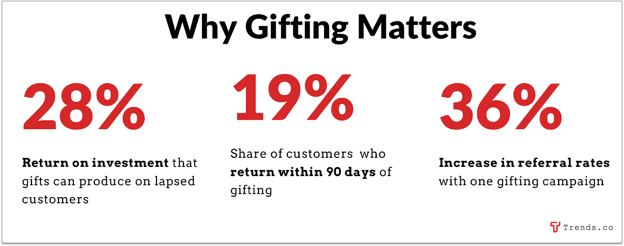
While browsing through different web hosting services, you may have come across cloud hosting. There are three types of cloud hosting in India – Public cloud hosting, Private cloud hosting, and Hybrid cloud hosting. In this article, we will focus on private cloud hosting.
One key benefit of a private cloud server is that it offers excellent security. However, to properly secure your private cloud server, certain security steps should be implemented over the cloud infrastructure.
Continue reading to get some tips on how to secure private cloud hosting.
What is Private Cloud Hosting, and Why Use It?
Cloud hosting uses remote servers to store, process, and manage data. It allows you to access websites or applications using the internet from anywhere in the world.
Private cloud hosting is dedicated to a single user or organisation. It protects your resources and account from any unwarranted use.
Why use a cloud server?
A private cloud server provides several benefits like-
- High level of scalability, which allows you to upgrade resources to meet the growing needs of your hosting account.
- Increases website availability and reliability by providing less downtime. When one server fails or crashes other servers support your website without any interruptions in the services.
- Cloud hosting providers offer accessibility and collaboration options that allow multiple users to seamlessly work together on projects using the internet.
Some Tips for Getting Secure Private Cloud Hosting
- Secure Cloud Hosting Provider
Select a hosting provider that has an excellent reputation and offers at least 99.9% guaranteed uptime. This will ensure that data accessibility is not interrupted.
Additionally, make sure you check the security infrastructure that the hosting provider is offering. Certain security measures like – data encryption, firewalls, access controls, security updates and intrusion detection systems help protect infrastructure and data.
- Establish a Strong IAM (Identity and Access Management) System
It refers to a system that controls who has access to the cloud hosting resources. To establish a strong access management system, make sure you implement the points below.
- Use a unique, strong, and complex password that will be difficult for hackers to crack. Additionally, regularly change passwords to make your access control system stronger.
- Implement the MFA (Multi-Factor Authentication) feature. This provides extra security. It requires additional verification from all users to gain access.
- Establish a role-based access system. This way, users only have access to the data they need, and you can control who has access to valuable data.
- Manage and monitor the activities of the users. This will help detect any suspicious activities.
- Data Encryption
Encrypting your data means converting data into an unreadable coded format. This helps prevent unwanted users from accessing valuable data. Data encryption provides other benefits like –
- Fostering customers’ trust and loyalty by encrypting their data.
- Avoid financial loss due to data breaches. Data encryption ensures that any stolen data is unreadable.
- Regularly Scan For Malware
Malware can negatively impact the security and performance of the cloud server. Therefore, make sure your cloud service provider offers built-in malware protection. This feature ensures the detection and removal of any malware infection.
Signs of malware infection-
- Increase in server or network usage.
- Decrease in loading time or recurrent crashes on your website.
- Unexpected modification in your data or files.
To Wrap It Up
Both private and public clouds come with their advantages. The public cloud offers benefits like a pay-as-you-use pricing model, low maintenance, less wasted resources and more. The private cloud offers benefits like dedicated infrastructure, customisation, control, and more.
However, the decision between public and private cloud hosting depends on your needs, budget, and goals. Therefore choose a cloud service model that caters to the specific requirements of your business.







More Stories
Effective Strategies To Blog Effectively
Unveiling Automotive Safeguards: A Comprehensive Exploration of Car Insurance in Malaysia
Unlocking the Key to Car Insurance in Malaysia